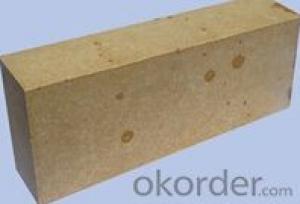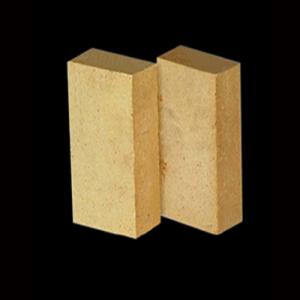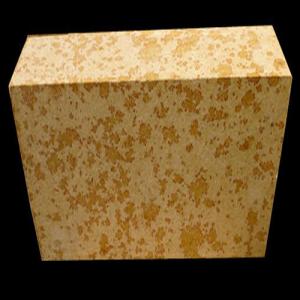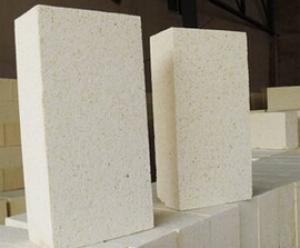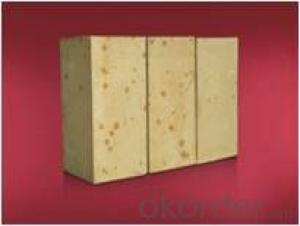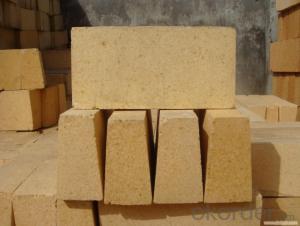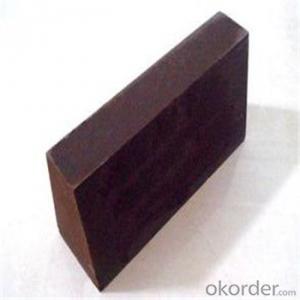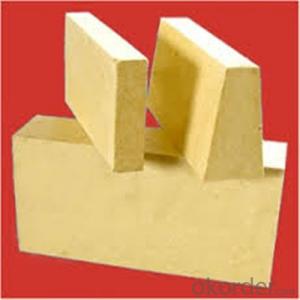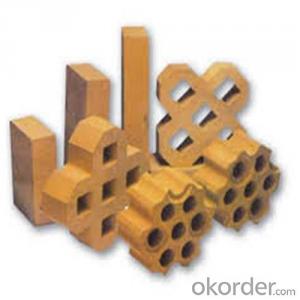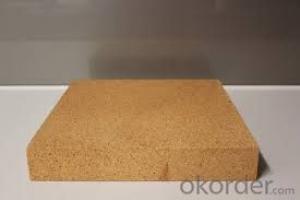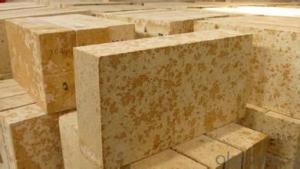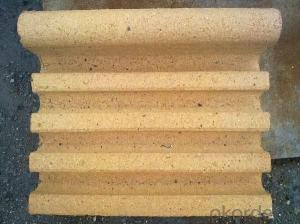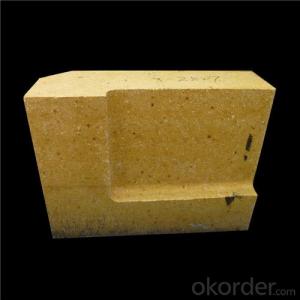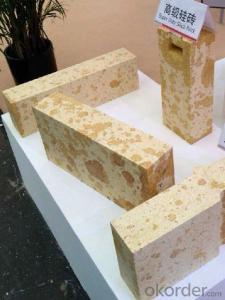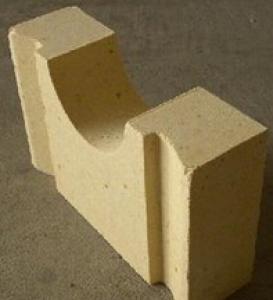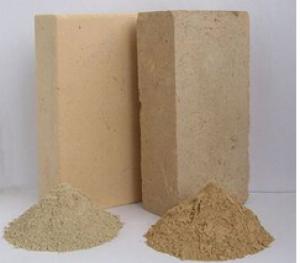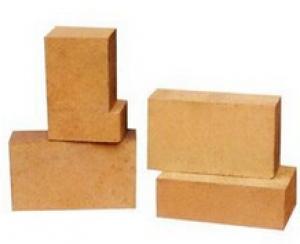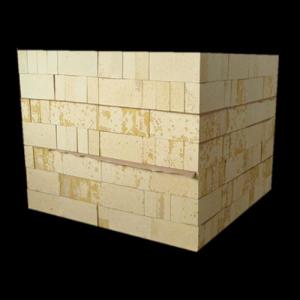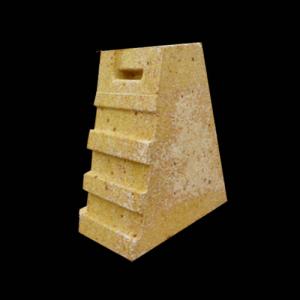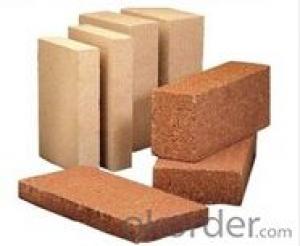Alumina Silicate Fire Brick for Glass Furnace Silica Refractory
- Loading Port:
- China Main Port
- Payment Terms:
- TT OR LC
- Min Order Qty:
- -
- Supply Capability:
- -
OKorder Service Pledge
OKorder Financial Service
You Might Also Like
Specifications
silica refractory brick with high CCS, stable performance,
good package and delivery on time
Product name:silica refractory brick for glass furnace
Chemical and physical specification:
| specification | machine pressed | checkers&handmade |
chemical analysis Al2O3 % max SiO2 % min Fe2O3% max alkalies % max TiO2 % max CaO % max free quartz % max |
1 95 1 0.2 0.2 3 1
|
1 95 1 0.2 0.2 3 1
|
bulk density kg/m3 min true density kg/m3 max | 1800 2340 | 1750 2340 |
| apparent porosity % max | 21 | 23 |
cold crushing strength mpa min | 30
| 20
|
permanent linear change % max 1500℃/4hr | 0.2 -0.2 | 0.2 -0.2 |
| creep 1500℃/20-50hr/0.2N/MM2 % max | 0.2 | 0.2 |
refractoriness under load 0.2n/mm2 0.5% ℃ min 2.0% ℃ min 5.0% ℃ min |
1530 1600 1600 |
1530 1600 1600 |
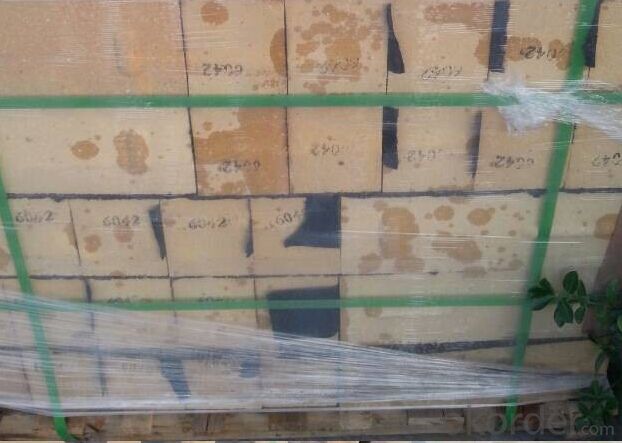
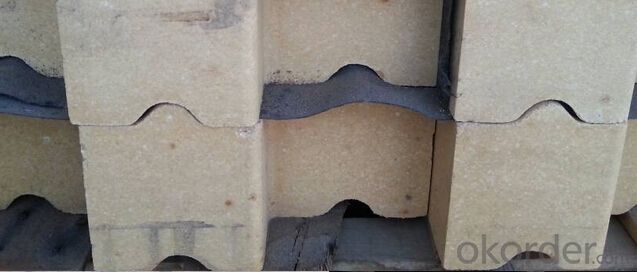
- Q: The introduction of silica brick
- Acidic silica brick refractory material, has good acid resistance and slag erosion, softening temperature is as high as 1640 to 1670 DEG C, in the long-term use volume is relatively stable under high temperature.
- Q: Because of the recent relates to this industry, by way of learning to name for all raw materials, I hope knowledgeable friends exhibitions, thank you.
- The main raw material is the main body of refractory. Auxiliary raw materials can be divided into binders and additives. The role of bonding agent is to make the refractory body in the production and use process has enough strength. There are commonly used lignin, phenolic resin, asphalt, cement, water glass, phosphoric acid and phosphate, sulfate, some main raw material itself has the effect of binder, such as clay; additive is to improve the production of refractory materials and construction technology, or strengthen the refractory material of some properties, such as stabilizer, water reducing agent, inhibitor, plasticizer, foaming agent, dispersing agent, bulking agent, antioxidant.
- Q: The difference between clay refractory bricks and refractory brick in the application.
- Clay brick features good thermal shock resistance and low price, but high temperature performance is not well integrated, and the long-term use temperature is not higher than 1300 degrees. It is widely used in low temperature parts of various kilns.
- Q: How much is the highest melting point of silicon?
- . True density 2.35g/cm3. With acid resistance, slag erosion performance. Higher high temperature strength. The softening start temperature is 1620~1670 degrees. Long term use at high temperature without deformation. The thermal shock resistance is low (the heat exchange in water is 1~4 times). The natural silica is used as the raw material, and a proper amount of mineralizer is used to promote the transformation of quartz into quartz in the body. Slowly sintered at 1350~1430 DEG C in the reducing atmosphere. The total volume of heating to 1450 DEG about 1.5~2.2% expansion, the residual expansion will make cutting seam sealing, ensure masonry tightness and good structure strength, so that the brick load softening temperature will reach 1750 degrees Celsius above 1620 degrees in the case of the highest melting point.
- Q: What role does silica play in refractories?
- Low fractory refers to the alumina content between 10%~30%, SiO2 content is less than 85%, semisilica brick SiO2 = 65%,The SiO2 content of not less than 93%, refractory material to natural quartz rock as the main raw materials are called silica, silica brick, silica brick, quartz glass and special products. China's literature generally put this type of product is called "siliceous refractory products", which is the most important brick.
- Q: The brick is mainly used in the place?
- Partitions used in coking and combustion chambers for coke ovens
- Q: Brick
- Acidic silica brick refractory material, has good acid resistance and slag erosion, softening temperature is as high as 1640 to 1670 DEG C, in the long-term use volume is relatively stable under high temperature.
- Q: What is the silica refractory products?
- Refractory brick with silica content greater than 90%.
- Q: High temperature refractory material?
- Special materials often use AZS brick (i.e. corundum brick), corundum brick, magnesia chrome bricks, silicon carbide, silicon nitride bonded silicon carbide, nitrides, silicides, sulfide, boride, carbide and other non oxide refractory materials; calcium oxide, chromium oxide, alumina, Magnesium Oxide, beryllium and other refractory materials. Insulation refractories are often used diatomite products, asbestos products, insulation board. Unshaped refractories are often used refractory castable, refractory clay, refractory ramming material, refractory plastic and fettling material, fire resistance, gunning, refractory cast material, fireproof coating, lightweight refractory castable, gun mud.
- Q: Such purpose and scope please give me detailed points thank you
- Acid refractory brick is mainly composed of tridymite and cristobalite and quartz and a small amount of residual glass phase.
Send your message to us
Alumina Silicate Fire Brick for Glass Furnace Silica Refractory
- Loading Port:
- China Main Port
- Payment Terms:
- TT OR LC
- Min Order Qty:
- -
- Supply Capability:
- -
OKorder Service Pledge
OKorder Financial Service
Similar products
Hot products
Hot Searches
